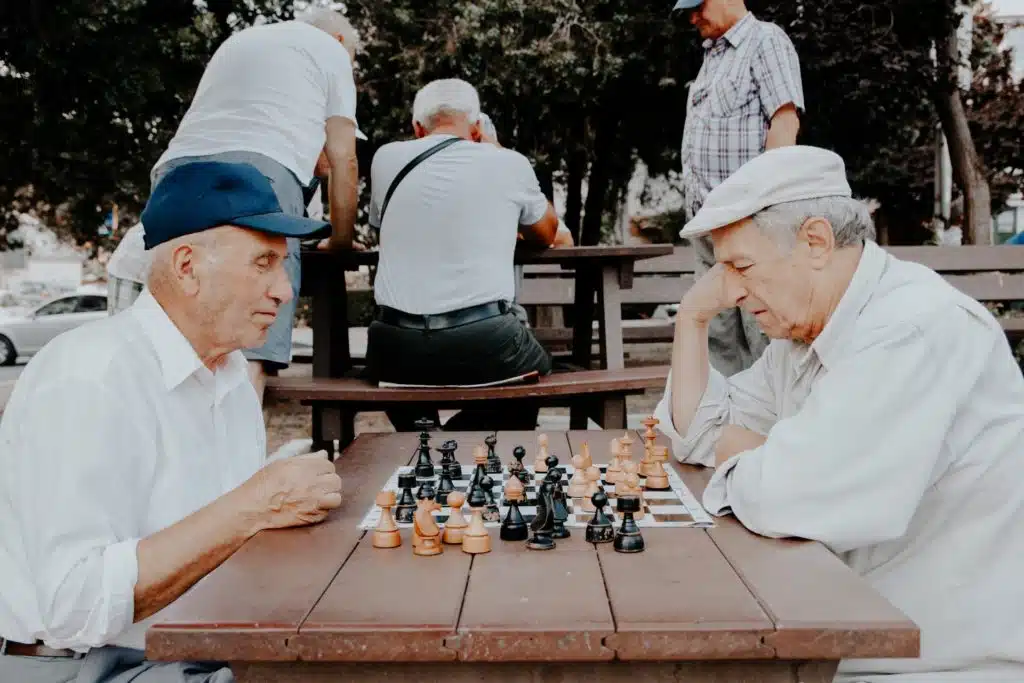
Nursing home residents deserve the best care, and they deserve to be treated with kindness, courtesy and respect.
Although some nursing homes provide excellent care and treat their residents well, sadly, many others do not. If your elderly loved one is a nursing home resident, it is important for his or her protection that you are aware of the various signs and symptoms of abuse and neglect.
Warning Signs Of Neglect And Abuse In Nursing Homes
Elders often suffer in silence, warns the U.S. Department of Health and Human Services Administration on Aging. The agency recommends that you should start to ask questions if you notice personality or behavior changes in a nursing home resident.
Some Signs Of Nursing Home Abuse Or Neglect To Watch For Include The Following:
- Depression, fearfulness, fatigue, changes in alertness or withdrawal from normal activities.
- Broken bones, burns, abrasions, pressure marks and bruises, including slap or restraint marks.
- Broken eyeglasses or frames.
- Bruises around the genital area or breasts or sexually transmitted disease (may indicate sexual abuse).
- Arguments between the elderly person and a caregiver or tense or strained relationships.
- Poor personal hygiene or torn or dirty clothing.
- Malnutrition, constant hunger, begging for food or unusual weight loss.
- Dehydration.
- Bed sores.
- Dirty or messy rooms.
- Nursing home facility in disrepair.
- Residents left unattended for long periods of time.
- Sudden changes to the elderly person’s will, accounts or finances.
- Not enough medical personnel or lack of medical and dental care.
- Failure to take medications regularly (when there is more medication remaining in a prescription than there should be).
- Any report of a drug overdose.
- Caregiver’s refusal to allow visiting with the elderly person alone.
What You Can Do To Help Prevent Abuse Of Nursing Home Patients
Social isolation is one of the main factors that put elders at risk for abuse. You can do a great deal toward protecting your loved one by visiting regularly and observing the conditions of both the resident and the nursing home environment. If you suspect abuse, you should report it.
Abuse can occur in both physical and emotional forms. Not only should you observe your elderly loved one for signs of neglect or injury, but also be attuned to his or her emotional state and general well being. Although dementia may be a factor in some cases, it is important to monitor the resident’s comfort level and be alert to any possible effects of verbal or emotional abuse.
Look at the patient’s medications and compare the amount in the container with the date of the prescription to monitor whether medications are being administered properly. Ask for the resident’s permission to scan bank account and credit card statements for any unauthorized transactions.
Be alert to signs of elder abuse or neglect. Call or visit as frequently as you can, and listen to the elderly person. It is important for nursing home residents to know that they can trust and confide in their family members.
Holding Negligent Nursing Homes And Staff Accountable
Our elders deserve to be cared for properly and treated with courtesy and respect. At Marasco & Nesselbush, we believe that negligent nursing homes and abusive staff should be held accountable for the wrongs they have committed against the residents who rely on them.
Our Rhode Island personal injury lawyers and staff are committed to providing every client with the personal attention and skilled legal representation they deserve. To learn more about how we can protect your loved one, please fill out the free case evaluation form on this page, or call us today for a free consultation. We have offices conveniently located in Warwick, Wakefield, Woonsocket, and Providence and are here to help you.